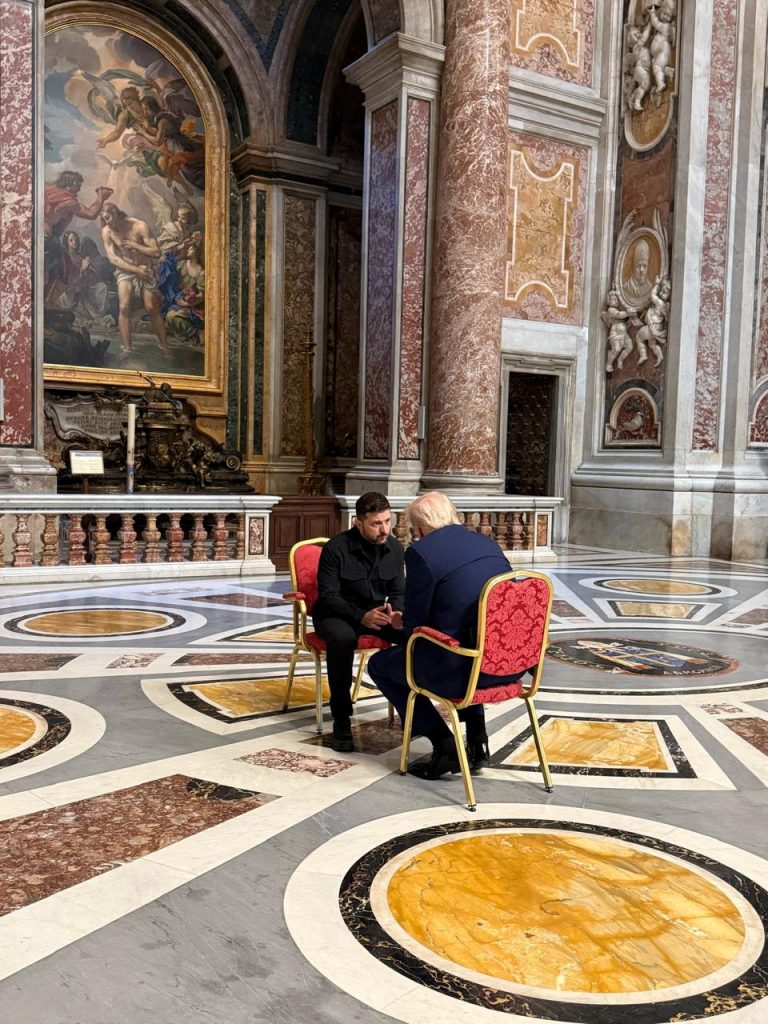MEPs gave their final approval on Wednesday to new legislation called the “Media Freedom Act”, in an effort to protect journalists and media in the European Union from political or economic interference.
Under the new law, adopted by 464 votes in favor to 92 against and 65 abstentions, EU member states would be obliged to protect media independence, while all forms of interventions in editorial decisions will be banned.
The provisions also prohibit state authorities from coercing journalists and editors to disclose their sources, by detaining them, through sanctions, office raids or searches, or by installing intrusive surveillance software on their electronic devices.
Editorial Independence of Public Media
To prevent state actors from abusing public media outlets, board members of the latter should be selected through transparent and non-discriminatory procedures for sufficiently long terms of office.
Financing public media will be transparent by objective procedures, and the funding should be sustainable and predictable.
Transparency – Conflict of Interest
Under the new law, the public will be informed of potential conflicts of interest in media outlets that might influence reporting. News and current affairs outlets – regardless of size- will be obliged to publish financial details about their ownership in a national database, including information about whether the state now has a direct or indirect stake.
Fair allocation of state advertising
Media will also have to report on funds received from state advertising and on state financial support, including from non-EU countries.
Public funds to media or online platforms will have to be allocated via public, proportionate, and non-discriminatory criteria. Information on state advertising expenditure will be public, including the total annual amount and the amount per outlet.
Protecting EU media freedom from big platforms
Part of the legislation also focuses on safeguarding independent media creators on large online media platforms like Facebook, X (formerly Twitter), and Instagram, prohibiting the latter from censoring or restricting content by independent media creators.
The act compels media platforms to make distinctions between independent media and non-independent sources, while it also provides that media should be informed before platforms intend to delete or restrict their content, granting them 24 hours to respond. Only after the reply (or in the absence of it) may the platform delete or restrict the content if it still does not comply with its conditions.
Media will have the option to bring the case to an out-of-court dispute settlement body and request an opinion from the European Board for Media Services (a new EU board of national regulators to be set up by the EMFA).
The act is particularly significant for Greece, as the European Parliament last month passed a damning resolution against the Greek state regarding the rule of law and freedom of the media in the country. The approval of the resolution highlighted MEPs’ concerns about serious threats to democracy, the rule of law, and fundamental rights in Greece.



